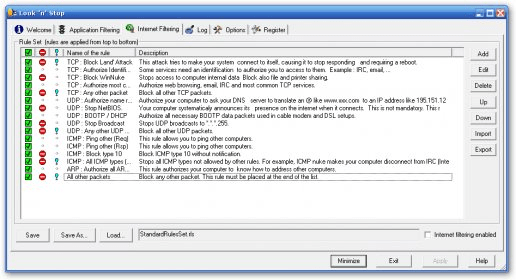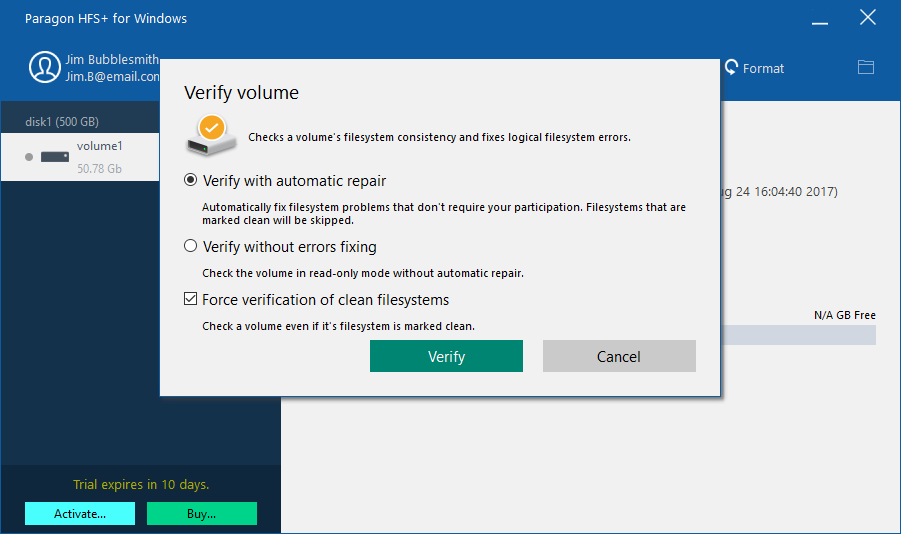
(Note for Non-Unity Users: this is located in Administration) Or by running the Firewall Configuration application from the Dash. Once it has finished installing you may open it up, either by entering the following in a terminal Sudo apt-get update & sudo apt-get install gufw

You can do so by giving the following command in a terminal, or by downloading it from the Ubuntu Software Center.
#Look n stop firewall 64 bit install
GUFW is not installed by default so if you wish to use it you must first install it from the repositories. It does not offer any functionality that the following methods do not. Therefore, if you choose to use Firestarter it is entirely on you. I will not be covering Firestarter, it is similar to GUFW, and it is outdated and not supported by default. However you may find GUFW or UFW more convenient: that is why I am discussing all three methods. Personally, I find iptables more intuitive than the other two methods, so it is what I would use. Each method will do exactly the same and preference is needed only in what you feel more comfortable with. It is important to understand that each of these three methods accomplish the same goal, and only one needs to be used because they are all methods for interfacing with iptables/netfilter, and kernel level packet filtering. Iptables : We will create an iptables script to create our firewall

UFW : The CLI front end application for controlling iptables/netfilter, which is included by default in Ubuntu. GUFW : This is the graphical user interface for Uncomplicated Firewall, the front end for iptables provided by default in Ubuntu The three methods we will be using will be the following
#Look n stop firewall 64 bit 64 Bit
This demonstration was completed using Ubuntu 11.10 Oneiric Ocelot 32 bit, however it should hold true for most versions of Ubuntu post 8.04 (pre 8.04 needs to use the iptables section as the UFW syntax was different) on both 64 bit and 32 bit systems. The following will discuss three different methods by which you may implement a decent host based firewall for your Ubuntu Desktop Installation.


 0 kommentar(er)
0 kommentar(er)
